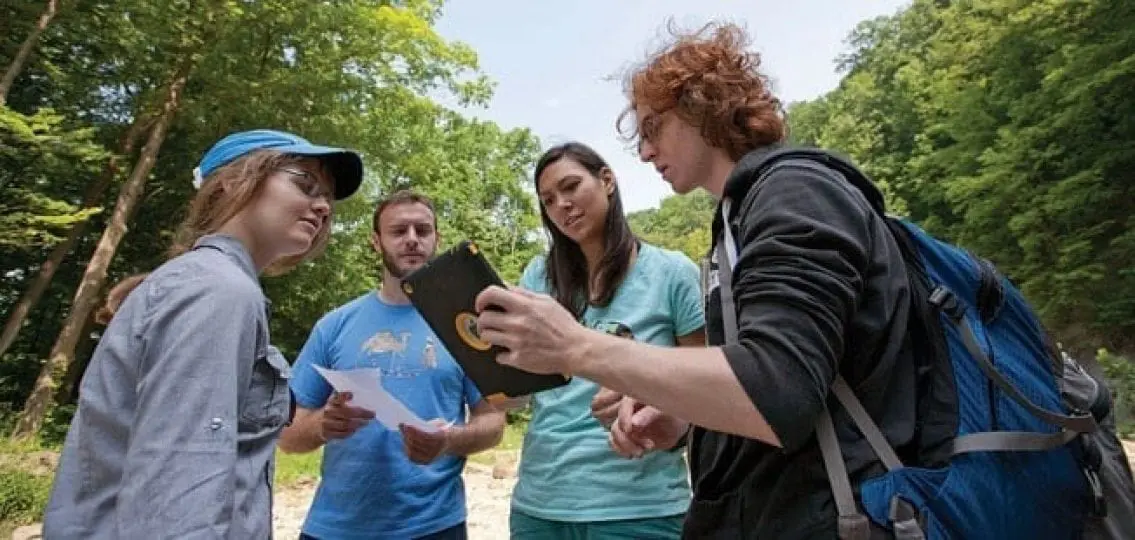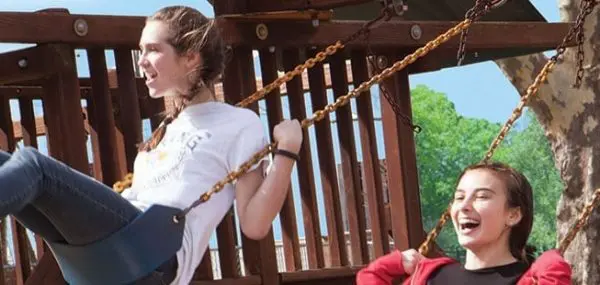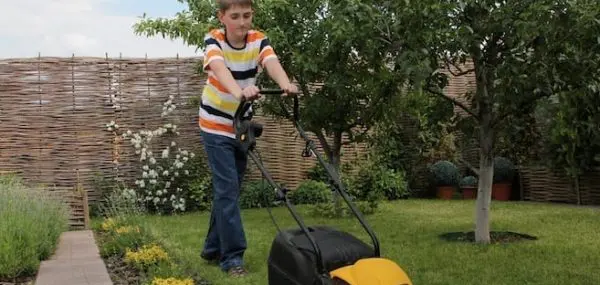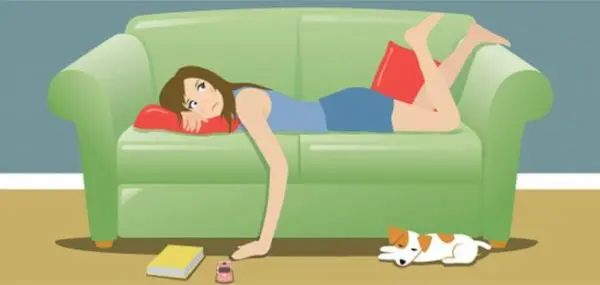For many teenagers, it’s hard to find time during the school year to do anything but school. Between homework, sports, and other school-related extracurriculars, teenagers rarely get to bed at a reasonable hour, much less have time to spend pursuing outside interests. That’s why teen summer activities have become increasingly important as a means to explore interests beyond school.
This kind of exploration can help teenagers figure out who they are. And, perhaps more importantly, who they might want to become.
Finding fun things to do over summer vacation makes summer special. Because teenagers actually have time on their hands, it’s an opportune time to explore an interest, even if just for a few weeks. [adrotate banner=”38″]
David Pashinsky discovered that over many summers with the Cleveland Museum of Natural History. “Around 5th grade, I started participating in their outdoor education program, and I just stuck with that program all the way through high school,” he says. Those experiences—which included week-long trips to the Adirondacks and other natural areas of the northeastern United States—led Pashinsky to the University of British Columbia, where he’s now a freshman.
“I wouldn’t be here studying forest sciences if I didn’t spend so much time with the museum going out and studying the natural areas in Ohio,” he says.
“I had so much fun in those programs that I had to keep going in the field.”
While the school year is about academic learning, summer experiences are often the time when teenagers will learn the most about who they are.
“I became interested in natural history through camp experiences, especially with back-country trips in middle school and high school,” explains Julia Swanson, who studied geological sciences as an undergraduate at Northwestern University and is today an outdoor education coordinator and science educator for CMNH. “There was so much to see, to learn about, and to explore,” she recalls.
This summer, Swanson will take a group of Cleveland-area high school students on a week-long, back-country hiking trip to the Potomac Highlands as part of Cleveland Museum of Natural History’s Future Scientists program, a tradition at the Museum for over 50 years that provides outdoor education for teens.
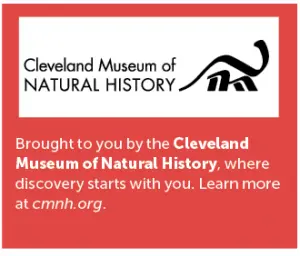
“I started the summer I was going into freshman year,” says Broussard. “I was interested because I liked hiking and being outside and the tie to science—the natural sciences specifically.”
And, like Swanson and Pashinksy’s excursions, Broussard’s summer experiences got her thinking about opportunities for her own life. “It’s helped me think about the way I view the world and what I want to do in life.”
Some motivated teenagers will seek out opportunities without their parents’ help. But many (if not most) could use a nudge or two to find fun things to do over summer vacation.
3 Ways Parents Can Help Teens Find Summer Opportunities:
1. Encourage brainstorming.
“I recommend that students make a list of the things during the school year where they said, ‘I wish I could do that, but I don’t have time,’” says Sara Lindberg, a former middle and high school counselor at Washington’s Central Kitsap School District. “Then pick a few things off of that list.”
2. Look for the spark.
Think about teen summer activities not so much for you, but for your son or daughter. You may find history fascinating, but if your teenager would rather spend the summer programming computers, then go with that. In other words, the activity should be something that your teenager has an authentic interest in.
Explains Lindberg: “If the ‘interest’ is something manufactured by a parent, a teen is not going to see the value or learn from that experience. And consequently, they may never try it again.”
Lindberg adds that the best advice she gives parents actually came from Julie Lythcott-Haims, author of the book How to Raise an Adult. “She once told me: ‘We shouldn’t try to create a spark of interest for our kids. But when we see it in them, we should do all we can to nurture and develop that interest further.’”
3. Canvas the community.
Parents can also help by canvassing what the community offers. (Many teenagers won’t have time to do this during the school year.) Chances are you’ll discover opportunities that overlap with your teenager’s list of ideas. Museums and other educational institutions—like your local community college—can be a great place to start.
For example, at the Cleveland Museum of Natural History, where Pashinsky spent summers, teenagers can explore fly-fishing, rockets, and even forensic science. The latter is in a program called Junior Medical Camp.
“It’s set up to run like an episode of ‘House’,” explains Mary Rouse, former manager of public programs for the museum. “High school students spend a week solving a medical mystery. The whole goal of it is to give hands-on experiences and ideas of what you can do with a career in medicine, which is not just becoming a doctor.”
